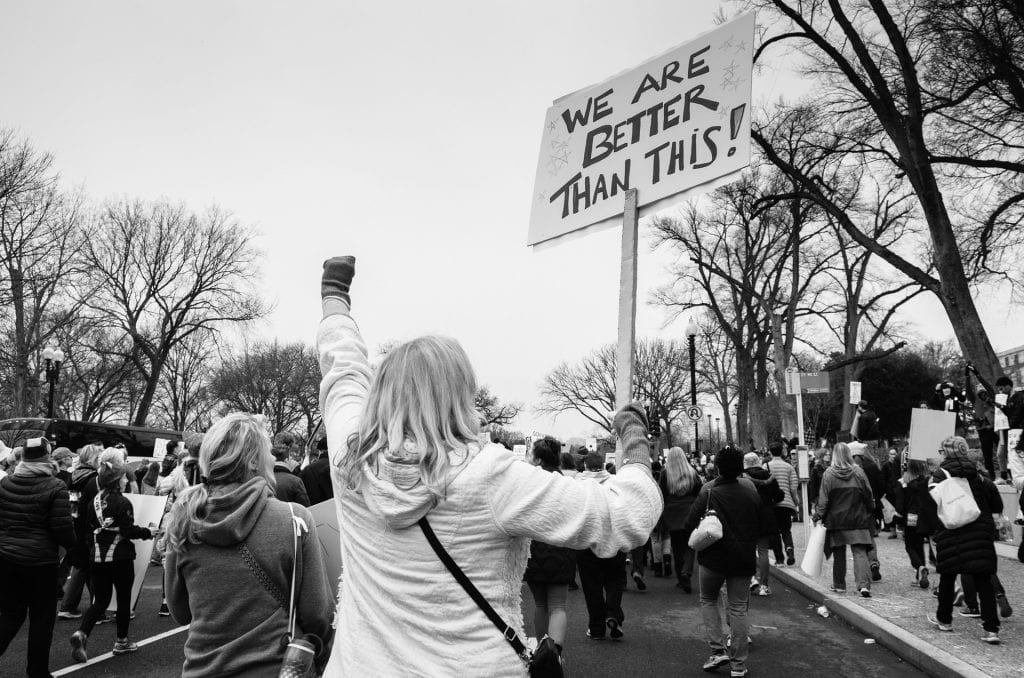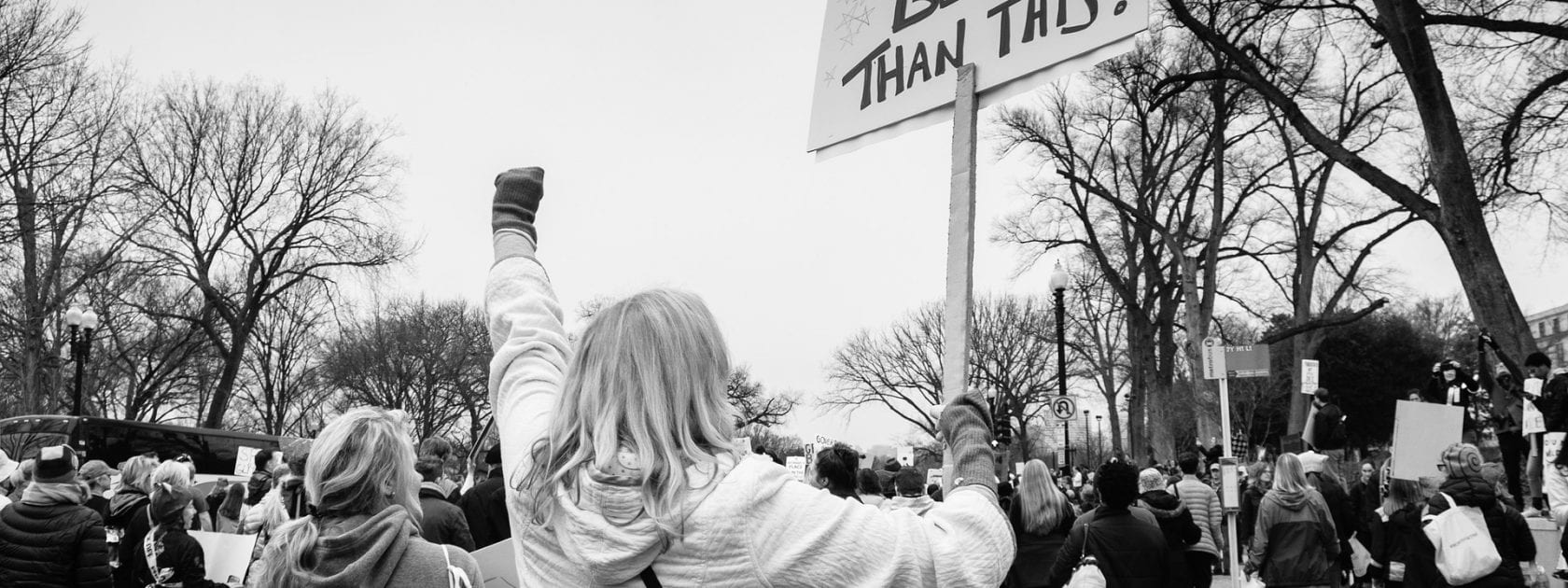COVID-19 caught the world by surprise at the end of 2019. With now over four million cases globally, the short-term consequences are far-reaching and profoundly negative. Both the containment and treatment of this disease are extremely dependent on the individual rather than using government-enforced preventative measures to stop the virus from spreading (at least in the West).
However, the need for more and more national leaders to pledge large sums of taxpayers’ money to combat the global economic shutdown illustrates that international neoliberalism has failed to solve our long-term economic, social, and political problems. Neoliberalism is the dominant ideology governing our international political economy. It is a branch of conservatism that seeks freer markets and a smaller government through the reduction of publicly funded programs, the deregulation of private industry activities, and the privatization of government assets.
In this post, I argue that neoliberalism has failed to protect the world from COVID-19 and that a social democracy is the political and economic system we need to be better prepared. Neoliberalism has deteriorated healthcare systems because market fundamentalist tactics leave power in the hands of states and corporations. Instead, a turn towards social democracy and an increase in the use of effective social safety nets can save fragmented healthcare systems.

Image by StockSnap from Pixabay
The Problem at Hand
Although COVID-19 appeared to emerge suddenly in 2019, the development of this respiratory virus had been predicted for over a decade. After the outbreak of Severe Acute Respiratory Syndrome (SARS) in 2003, the virus that caused this epidemic was identified fairly quickly. Vaccines were developed just as rapidly, however they were not carried through into the testing phase due to a lack of interest shown by pharmaceutical companies. A money-hungry mindset coupled with too little funding invested into our healthcare systems resulted in a lack of preparedness.
In the Global North, a lack of funding for healthcare and a shortage of ventilators had already been acknowledged as a problem in the United States in 2009. As a result, Obama’s administration had signed a deal with Covidien, a global healthcare product company based in Ireland, planning to order high-quality low-cost ventilators. However, the deal fell apart as it was viewed to increase competition with US-produced ventilators and was not seen as profitable enough. This neoliberal view of healthcare caused a lack of preparedness for our current pandemic.
President Donald Trump has repeatedly ignored updates from American intelligence communities that call for an increase in government action as a response to COVID-19. Using a neoliberal model, his administration announced a $844 billion budget cut to the Affordable Care Act to take place over a span of 10 years. Both privatization and deregulation have deteriorated the health and economic trajectory of individuals in the midst of the crisis and exacerbated the already disastrous impacts felt by racialized communities.
Understanding the Power Relations
Under neoliberalism, economic power tends to be held by unregulated monopolies who press for the removal of social and environmental protections to gain profit. However, in the midst of COVID-19, the rules of the game are changing. Many corporations are no longer earning the revenue they used to, due to the global shutdown of industries. As such, the winners in a post-pandemic economy are uncertain, however, the losers are quite clear.
Vulnerable populations, including the elderly and those who are immunocompromised, are most at risk of contracting COVID-19. Healthcare workers are also feeling the brunt of the pain and chaos caused by this global outbreak. Workers are sacrificing their wellbeing in an attempt to combat the virus, despite a lack of adequate protective equipment. The crisis disproportionately impacts people of lower socioeconomic status including those living in poverty, persons with disabilities, youth, and indigenous populations. People with a low socioeconomic status (in particular, racial and ethnic minorities) are more likely to reside in densely populated areas due to residential housing segregation intensified by institutional racism. Consequently, individuals living in densely populated areas can find it difficult to practice prevention measures such as social distancing. They are clearly losing on many fronts, which illustrates the negative social impact neoliberalism has had on both healthcare workers and citizens more broadly.
Over 30 million people have filed for unemployment in the United States. Neoliberalism has created an economy with low paying insecure jobs and contributed to increasing levels of inequality. It is now more transparent than ever that there needs to be a shift from this failing ideology, to a new one.
A New Hope
It has become evident in the midst of COVID-19 that market fundamentalism has created horrendous social and economic consequences. Neoliberalism has failed to deliver the benefits it supposedly calls for in both the Global North and South. Yet, perhaps it never actually failed. Maybe, neoliberalism is working exactly how it was constructed, to benefit large conglomerates at the expense of individual people. It may have taken disastrous structural adjustment programmes implemented in the Global South, a global financial crisis, and now a global pandemic for some to realize its catastrophic effects, however, there can still hope for the future. Large-scale conversations about the need to positively change our political and economic system are happening, showcasing a desire to shift towards social democracy as a way out of this.
What exactly is Social Democracy?
Social democracy is characterized by a spectrum of reforms aimed to expand the welfare state. Differing from traditional socialism that has historically been characterized by autocratic rule, a social democracy aims to promote democratic reform through progressive taxation (higher tax rates imposed on the wealthy), inclusive policies, avoidance of armed conflict, and an overall dedication to replacing capitalism with a more co-operative economic system. Social democracy could have better prevented the far-reaching effects of this crisis, specifically, through the implementation of social safety nets.
Social safety nets are services provided by the state (and occasionally by international and non-governmental organizations), that deliver benefits in cash or kind to assist citizens in their time of need. You probably have come across some of these programs and services, such as unemployment benefits, universal healthcare, public education and public transportation. These inherently socialist protection measures make sure everyone is treated fairly, regardless of race, sex, gender, class, or any intersectional aspect of marginalization. Social safety nets address problems of equity and poverty all while providing platforms for marginalized communities to experience increases in their wellbeing. Therefore, by ensuring that people with a lower socioeconomic status receive affordable care and health resources from the outset, the quantity of people infected by COVID-19 would have been drastically reduced.
With increased collaborative federalism that addresses horizontal and vertical fiscal gaps, investments in publicly funded programs can enhance egalitarianism and democracy. Therefore, with more government control in markets, federal-provincial accountability has the potential to create universal healthcare programs, accessible public health, as well as interdisciplinary education and research. Accountability between governments and civil society can also be utilized for the transparency of industries to prevail. No political ideology can prevent the emergence of a disease, however, if healthcare systems were better prepared and equipped with secure hospital staff and an abundance of beds, ventilators and supplies, the infection and death rate of COVID-19 would have been decreased and the crisis would have been better prevented.
To conclude, neoliberalism and its aspects of market fundamentalism directly influenced the severity of impacts felt from COVID-19, especially in the United States. The international political economy and dominant corporations, who sought to gain profit in the short run at the expense of citizens, must implement a new system that benefits the masses, instead of working against them. Gaining profit in a sustainable and ethical way that simultaneously promotes social safety nets to protect everyone during a crisis is definitely possible. However, governments all around the world need to be compelled to address their imbalances. A shift from neoliberalism to social democracy may be our only hope in tackling these complex problems.

Aleksa Nitsis completed her undergraduate degree in International Development with an emphasis in Historical Perspectives. She is particularly interested in the social and political history of gender, race and class in both a local and international context. Aleksa is pursuing her Master of Teaching at the University of Toronto and hopes to shine a light on the importance of intersectionality in politics and economics.


